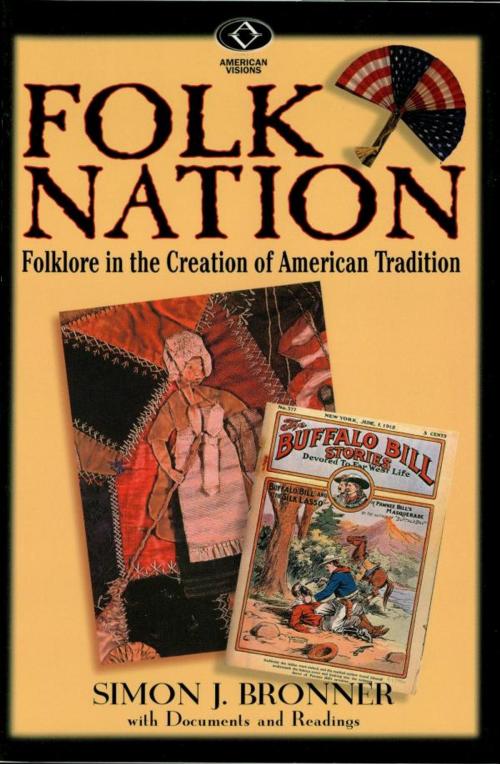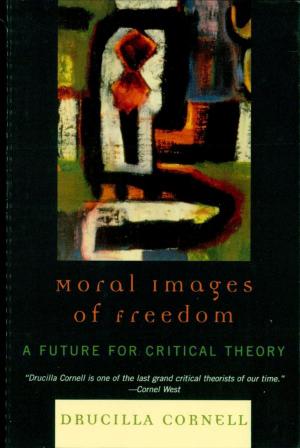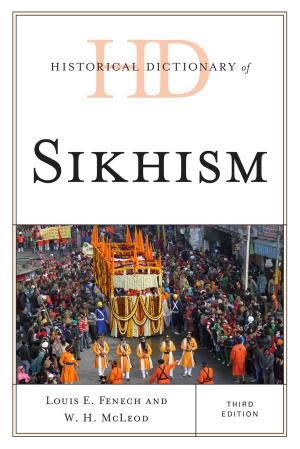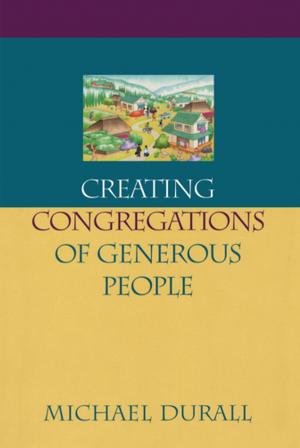Folk Nation
Folklore in the Creation of American Tradition
Nonfiction, History, Americas, United States| Author: | Simon J. Bronner | ISBN: | 9780742580237 |
| Publisher: | Rowman & Littlefield Publishers | Publication: | August 1, 2002 |
| Imprint: | Rowman & Littlefield Publishers | Language: | English |
| Author: | Simon J. Bronner |
| ISBN: | 9780742580237 |
| Publisher: | Rowman & Littlefield Publishers |
| Publication: | August 1, 2002 |
| Imprint: | Rowman & Littlefield Publishers |
| Language: | English |
This lively reader traces the search for American tradition and national identity through folklore and folklife from the 19th century to the present. Through an engaging set of essays, Folk Nation shows how American thinkers and leaders have used folklore to express the meaning of their country. Simon Bronner has carefully selected statements by public intellectuals and popular writers as well as by scholars, all chosen for their readability and significance as provocative texts during their time. The common thread running throughout is the value of folklore in expressing or denying an American national tradition. This text raises timely issues about the character of American culture and the direction of American society. The essays show the development of views of American nationalism, multiculturalism, and commercialism. Provocative topics include debates over the relationship between popular culture and folk culture, the uniqueness of an American literature and arts based on folk sources, the fabrication of folk heroes such as Pecos Bill and Paul Bunyan as propaganda for patriotism and nationalism, the romanticizations of vernacular culture by popularizers such as Walt Disney and Ben Botkin, the use of folklore for ethnocentric purposes, and the political deployment of folklore by conservatives as emblems of 'traditional values' and civil virtues and by liberals as emblems of multiculturalism and tolerance of alternative lifestyles. The book also traces the controversy over who conveyed the myth of 'America.' Was it the nation's poets and artists, its academics, its politicians and leaders, its communities and local educational institutions, its theme parks and festivals, its movie moguls and entertainers? Folk Nation shows how the process of defining the American mystique through folklore was at the core of debates among writers and thinkers about the value of Davey Crockett, John Henry, quilts, cowboys, and immigrants as symbols of America.
This lively reader traces the search for American tradition and national identity through folklore and folklife from the 19th century to the present. Through an engaging set of essays, Folk Nation shows how American thinkers and leaders have used folklore to express the meaning of their country. Simon Bronner has carefully selected statements by public intellectuals and popular writers as well as by scholars, all chosen for their readability and significance as provocative texts during their time. The common thread running throughout is the value of folklore in expressing or denying an American national tradition. This text raises timely issues about the character of American culture and the direction of American society. The essays show the development of views of American nationalism, multiculturalism, and commercialism. Provocative topics include debates over the relationship between popular culture and folk culture, the uniqueness of an American literature and arts based on folk sources, the fabrication of folk heroes such as Pecos Bill and Paul Bunyan as propaganda for patriotism and nationalism, the romanticizations of vernacular culture by popularizers such as Walt Disney and Ben Botkin, the use of folklore for ethnocentric purposes, and the political deployment of folklore by conservatives as emblems of 'traditional values' and civil virtues and by liberals as emblems of multiculturalism and tolerance of alternative lifestyles. The book also traces the controversy over who conveyed the myth of 'America.' Was it the nation's poets and artists, its academics, its politicians and leaders, its communities and local educational institutions, its theme parks and festivals, its movie moguls and entertainers? Folk Nation shows how the process of defining the American mystique through folklore was at the core of debates among writers and thinkers about the value of Davey Crockett, John Henry, quilts, cowboys, and immigrants as symbols of America.















